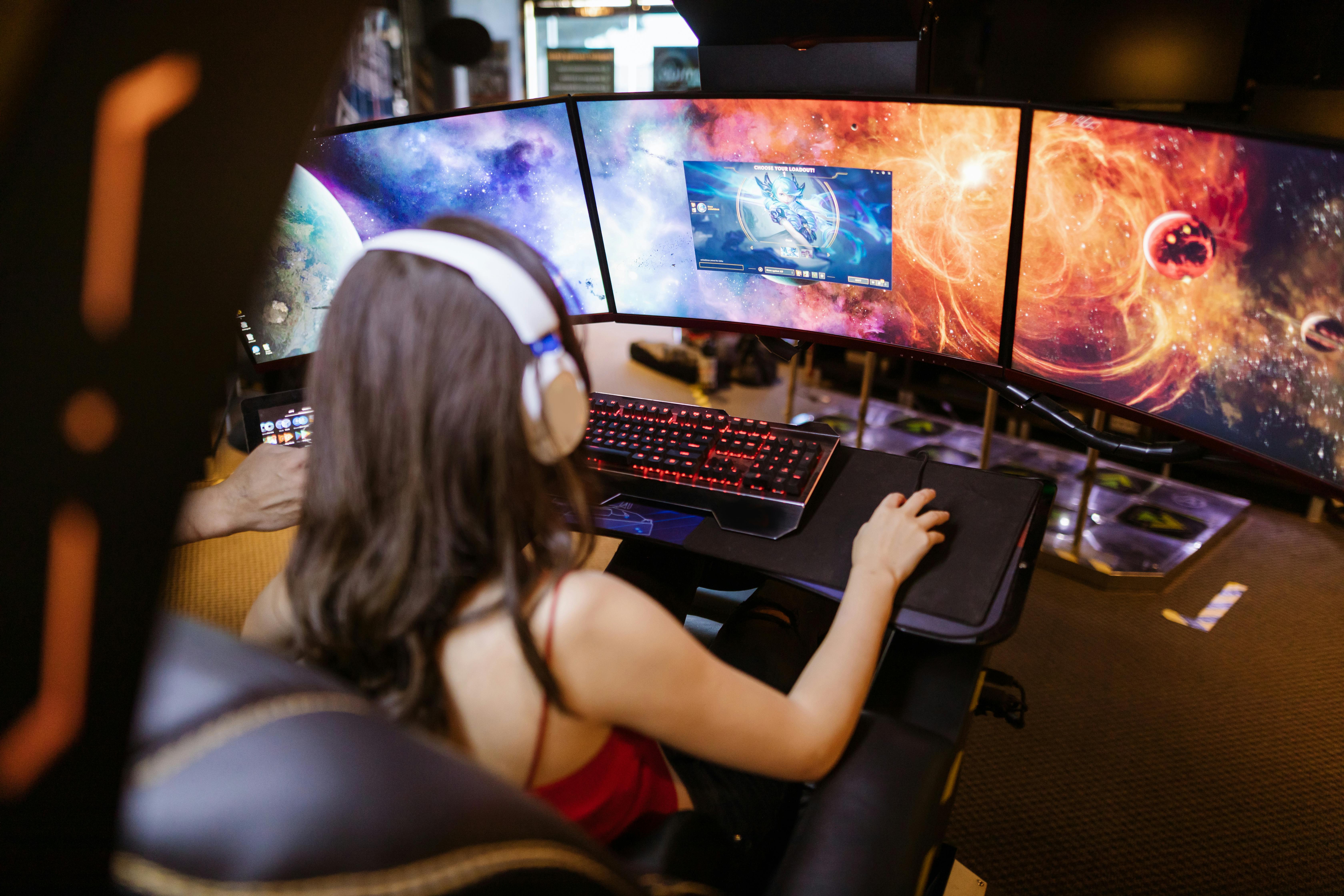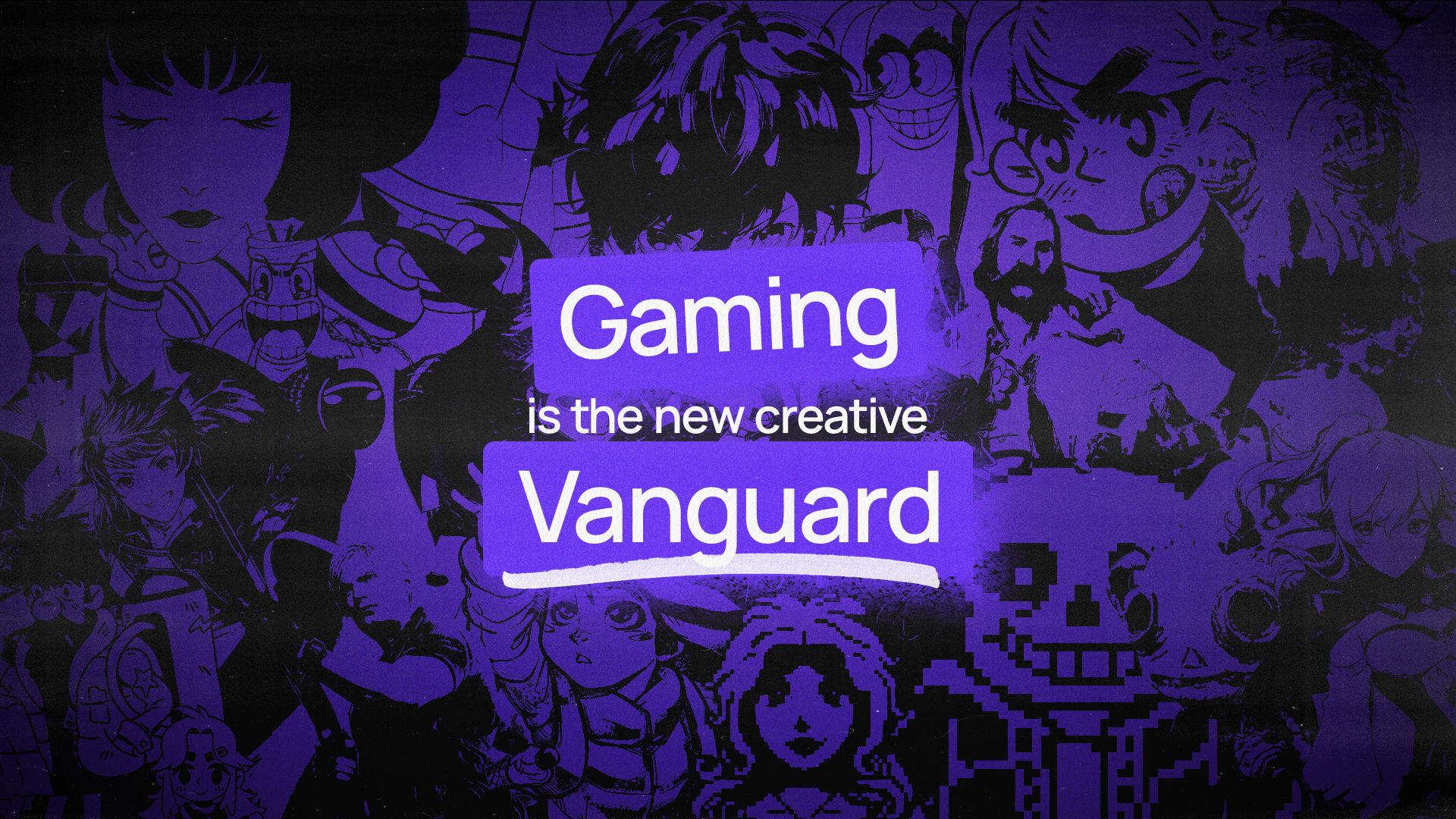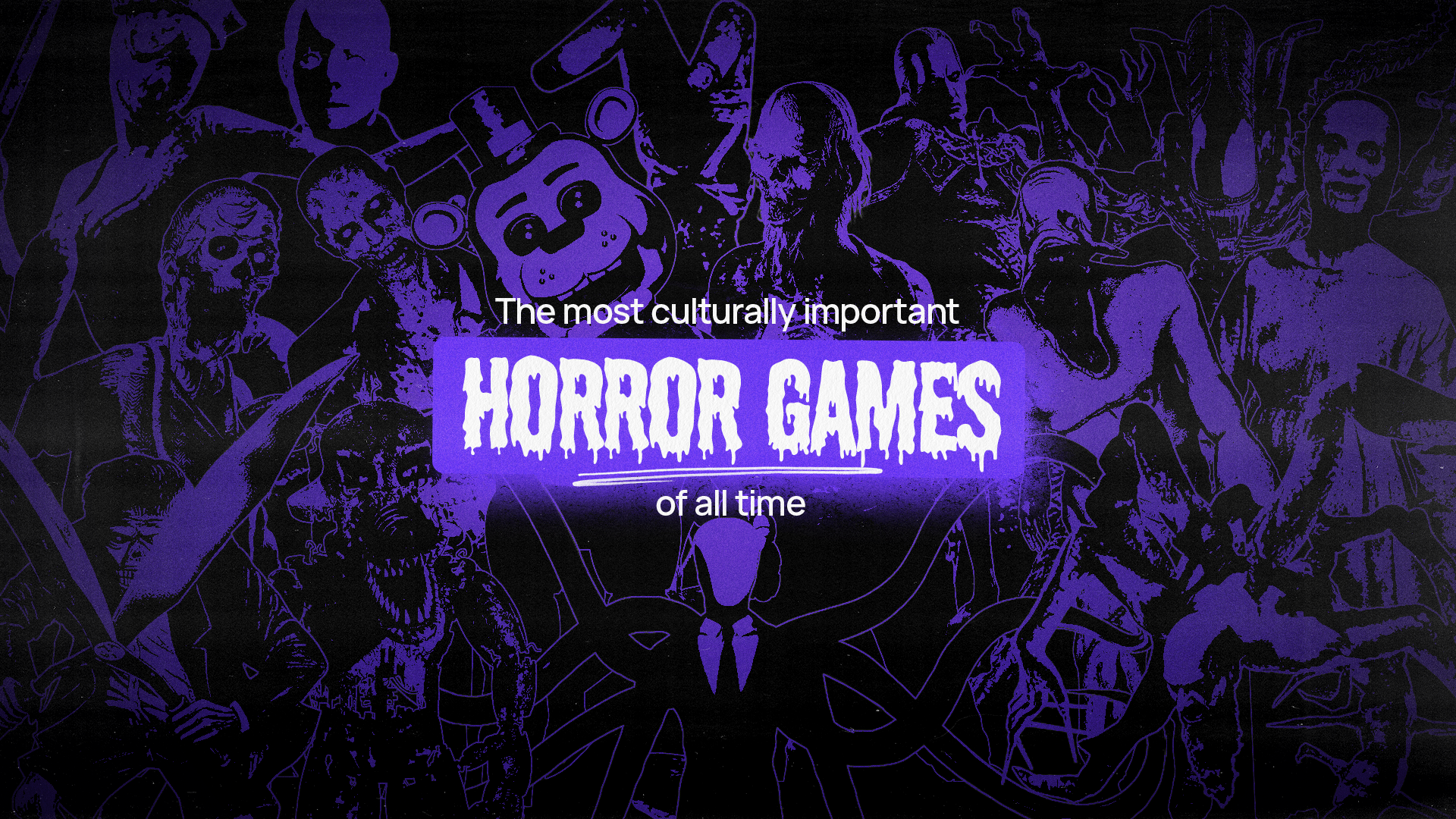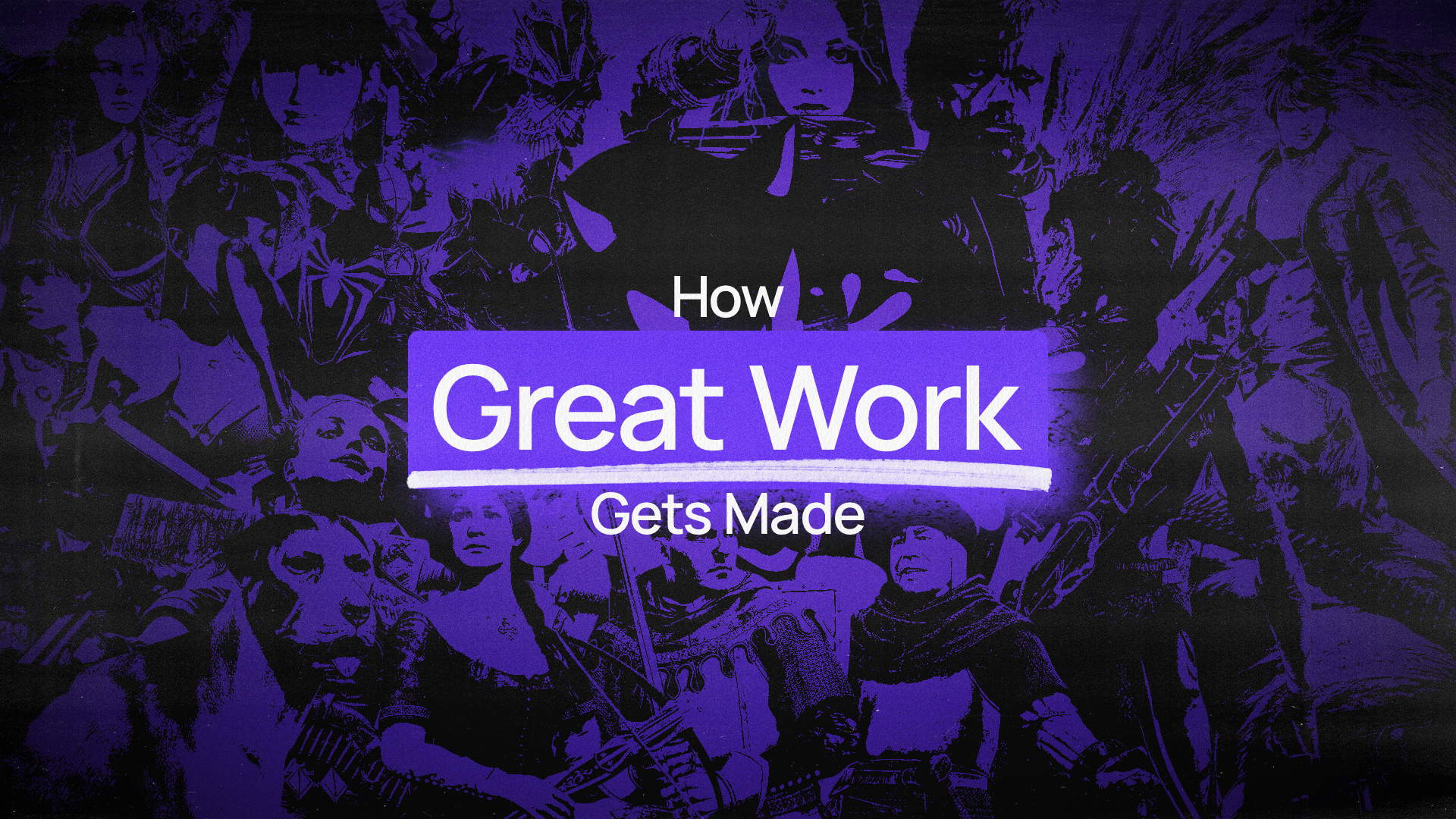Ideas
10 Minute Read
How gaming saved my mental health

I can still recall first coming face-to-face with zombies back when my brothers and I couldn't tear ourselves away from Resident Evil: Director's Cut. I remember the sheer fear of facing The Gulag for the first time... and the fact I came out victorious. More recently, League of Legends has become an almost daily pursuit. And I’ve even clocked hundreds of hours on Clicker Heroes. You get it. I’m a committed, life-long gamer.
So, when depression hit during lockdown (a surreal time that simultaneously feels a world away, yet just five minutes ago), gaming provided invaluable escapism. An opportunity to quieten the negative thoughts. A space to concentrate on something fun, entertaining, and fictional.
But that was just the start of it. To put it bluntly, gaming during those dark couple of years changed - and potentially even saved - my life.
More than a hobby
Gaming saved my life. Sounds quite dramatic, doesn’t it?
You see, gaming isn’t just an activity nowadays. It’s a platform for people to be creative, to learn new things, and - most importantly, in my instance - to be sociable and build a community. Contrary to the old stereotypes, gaming doesn’t have to be a solitary activity, favoured by those locked away in their bedrooms not wanting to talk to anyone. In fact, a report late last year showed that 55% of gamers play video games specifically to avoid isolation and loneliness.
This has been true for me. Turning to video games I found a group of gaming companions who knew exactly what I was going through, keeping me company via Discord on the especially dark days (and roasting me a little on the good days, of course).
“55% of gamers play video games specifically to avoid isolation and loneliness”
Our Discord server chills quickly became a daily activity, and as our community grew around the world, we joined channels not only to play, but to discuss new games, wrap our heads around patch updates, sit back with a beer while watching Esports, share memes we'd stumbled across on the internet, and generally catch up. We even had a Lord of the Rings watch party. Extended editions, of course.
In short, gaming and the community that came with it became a form of therapy when I needed it the most.
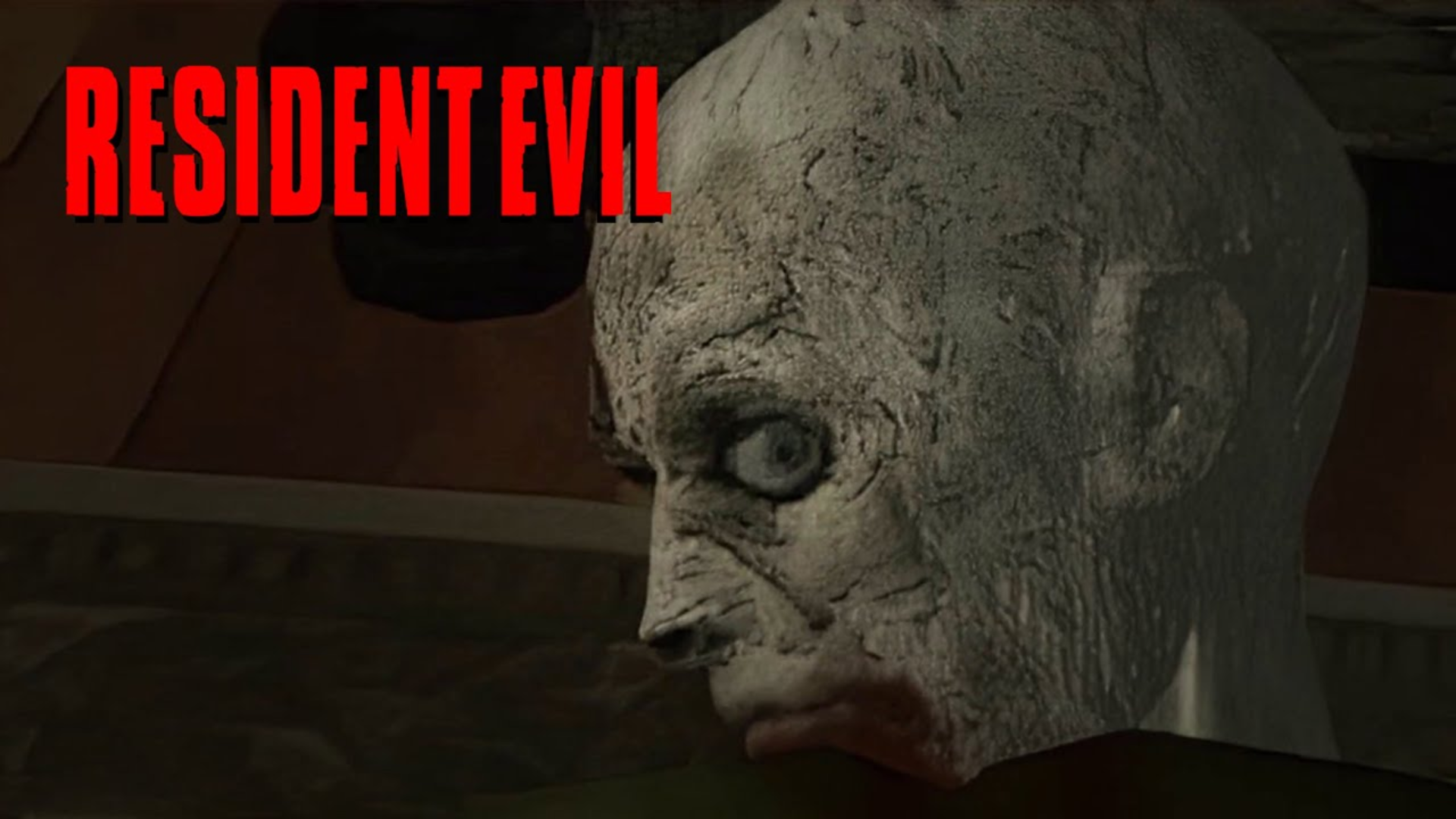
The first zombie encounter in the Resident Evil game series
-
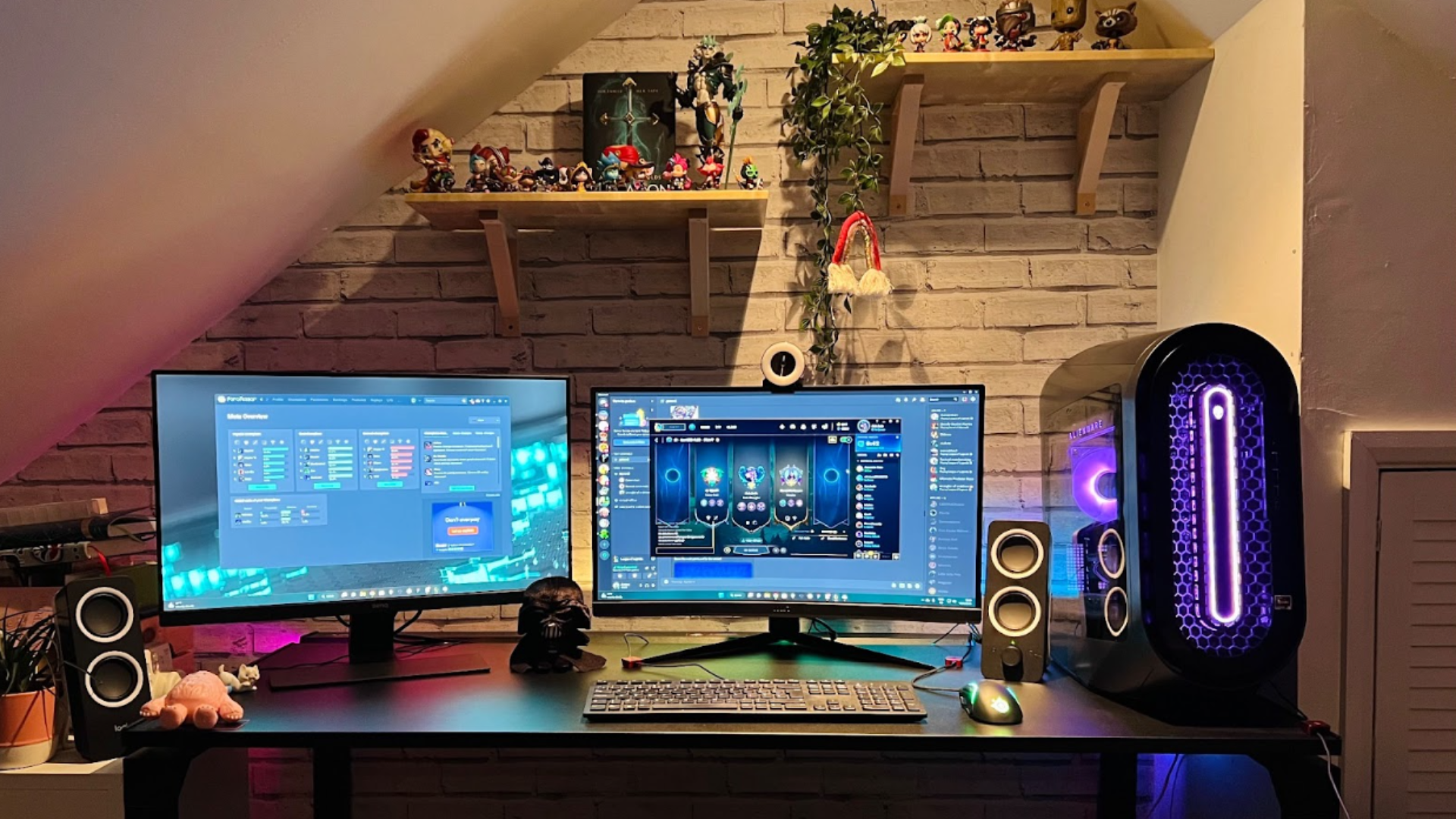
My escapism corner of the loft
Play yourself well
The therapeutic benefits of gaming have been increasingly recognised by mental health professionals in recent years. In fact, studies have shown that gaming can alleviate symptoms of depression, anxiety, and stress.
Completing a level, coming out on top in a battle royale, smashing a boss fight, maxing out some character stats - these small victories might seem trivial, but to someone struggling with mental health problems, they can provide the small dose of confidence and empowerment they need in that moment.
And, of course, there’s the support and interaction of a gaming community. Whether it’s teaming up in-game, getting involved in online forums, finding a fanbase to chat to, or even just having a voice on the other end of your headset, gaming can be inherently social. And for those grappling with loneliness, these virtual connections may be just what they need.
“The therapeutic benefits of gaming have been increasingly recognised by mental health professionals”
Gaming is no substitute for modern medication and professional help. But for many, myself included, it can certainly act as a complementary tool to alleviate symptoms on a particularly bad mental health day, or to see you through to the next morning when times are hard. And isn’t that just wonderful?
